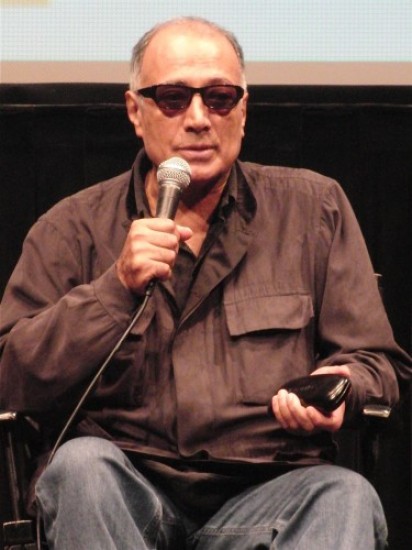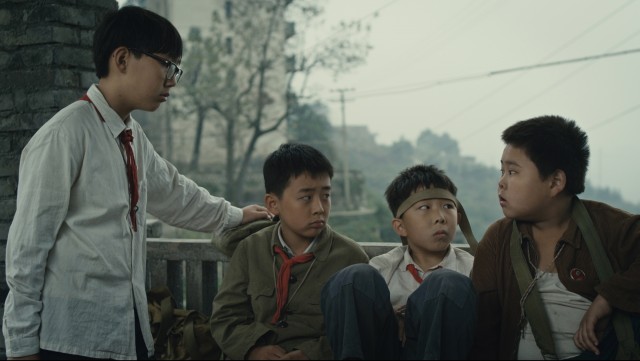
Four friends grow up during the end of the Cultural Revolution in Wang Xiaoshuai’s 11 FLOWERS
11 FLOWERS (Wang Xiaoshuai, 2011)
Quad Cinema, 34 West 13th St., 212-255-2243
Film Society of Lincoln Center, Elinor Bunin Munroe Film Center
Francesca Beale Theater, 144 West 65th St. between Broadway & Amsterdam Ave., 212-875-5601
Opens Friday, February 22
firstrunfeatures.com/11flowers
 Sixth Generation Chinese director Wang Xiaoshuai (Beijing Bicycle, Shanghai Dreams) reaches back into his childhood in the poignant, autobiographical 11 Flowers. Set in 1975 near the end of Mao’s Cultural Revolution, the film is seen through the eyes of eleven-year-old Wang Han (Liu Wenquing), who lives with his family in a poor, remote village in Guizhou province as part of the Third Front movement, in which the nation moved industry inland to protect it from possible Soviet attack. Wang’s father (Wang Jingchun) spends the week away from his wife (Yan Ni), son, and young daughter (Zhao Shiqi), working at an opera house in town. When one of Wang’s teachers, Miss Zhou (Yu Yue), tells Wang that he should get a clean shirt so he can look good as the new class gym leader, his mother at first is mad at him for even asking for such a luxury item but ultimately makes him one. However, while fooling around with his friends, Louse (Zhang Kexuan), Mouse (Zhong Guo Liuxing), and Wei Jun (Lou Yihao), something happens to the shirt, which soon winds up in the hands of a possible murderer (Wang Ziyi) on the run from the police. Based on actual events that happened to him as a child, Wang’s 11 Flowers is a beautifully crafted coming-of-age film, reminiscent of Rob Reiner’s Stand by Me. Wang, who was known as Wang Han when he was a boy, narrates the opening and closing himself, adding yet more personal touches to the tale. Hovering over the work is the specter of the Cultural Revolution; in one moving scene, adults have gathered for a small dinner party, but when one of them starts singing an old favorite tune, Wang’s father quickly changes it to a Mao-endorsed propaganda song for fear of being caught doing something against the government’s wishes. Much like Wang’s father teaches his son how to paint, interpreting reality on canvas, director Wang interprets his childhood reality onscreen in this small gem of a film.
Sixth Generation Chinese director Wang Xiaoshuai (Beijing Bicycle, Shanghai Dreams) reaches back into his childhood in the poignant, autobiographical 11 Flowers. Set in 1975 near the end of Mao’s Cultural Revolution, the film is seen through the eyes of eleven-year-old Wang Han (Liu Wenquing), who lives with his family in a poor, remote village in Guizhou province as part of the Third Front movement, in which the nation moved industry inland to protect it from possible Soviet attack. Wang’s father (Wang Jingchun) spends the week away from his wife (Yan Ni), son, and young daughter (Zhao Shiqi), working at an opera house in town. When one of Wang’s teachers, Miss Zhou (Yu Yue), tells Wang that he should get a clean shirt so he can look good as the new class gym leader, his mother at first is mad at him for even asking for such a luxury item but ultimately makes him one. However, while fooling around with his friends, Louse (Zhang Kexuan), Mouse (Zhong Guo Liuxing), and Wei Jun (Lou Yihao), something happens to the shirt, which soon winds up in the hands of a possible murderer (Wang Ziyi) on the run from the police. Based on actual events that happened to him as a child, Wang’s 11 Flowers is a beautifully crafted coming-of-age film, reminiscent of Rob Reiner’s Stand by Me. Wang, who was known as Wang Han when he was a boy, narrates the opening and closing himself, adding yet more personal touches to the tale. Hovering over the work is the specter of the Cultural Revolution; in one moving scene, adults have gathered for a small dinner party, but when one of them starts singing an old favorite tune, Wang’s father quickly changes it to a Mao-endorsed propaganda song for fear of being caught doing something against the government’s wishes. Much like Wang’s father teaches his son how to paint, interpreting reality on canvas, director Wang interprets his childhood reality onscreen in this small gem of a film.
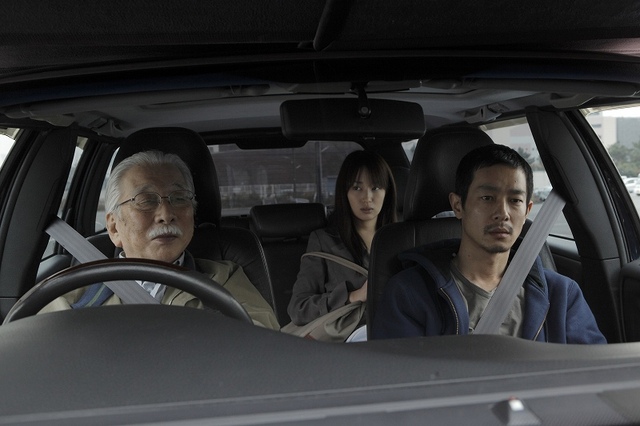
 Following the Tuscany-set
Following the Tuscany-set 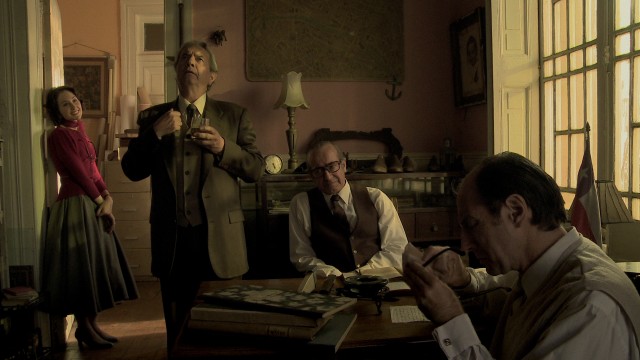
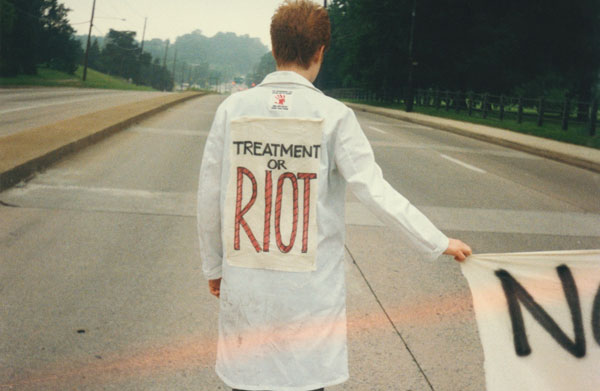
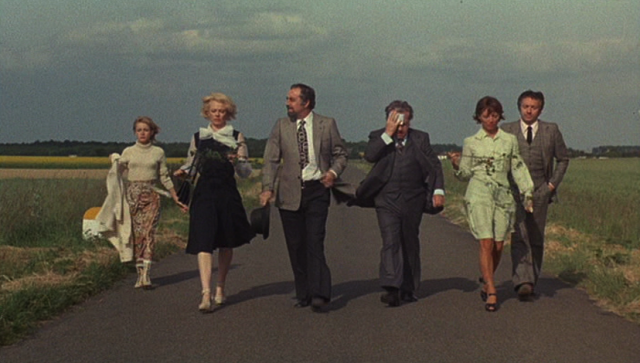
 Winner of the 1972 Oscar for Best Foreign Language Film, Luis Buñuel’s The Discreet Charm of the Bourgeoisie is a sharp, cynical skewering of the European power structure, taking on the high-falutin’ hypocrisy of the government, the military, religion, and, primarily, the wealthy class in hysterical vignettes that center around a group of rich friends trying to sit down and enjoy a meal. But every time they get close, they are ultimately thwarted by miscommunication, a corpse, army maneuvers, terrorists, and, perhaps most bizarrely, fake stage chicken. Buñuel regular Fernando Rey is a hoot as Rafael Acosta, the cocaine-dealing ambassador of Miranda who doesn’t take insults well. Stéphane Audran and Jean-Pierre Cassel play the Sénéchals, a lustful couple desperate to finish a romantic rendezvous even as their guests wait, Julien Bertheau is the local bishop who moonlights as a gardener, Claude Piéplu is an erudite colonel not afraid to share his opinion at a haughty cocktail party, and Maria Gabriella Maione is a sexy stranger who might or might not be a revolutionary after Acosta. Meanwhile, Acosta doesn’t mind making a play for Simone Thévenot (Delphine Seyrig) right under her husband’s (Paul Frankeur) nose. And Ines (Milena Vukotic), one of the Sénéchals’ maids, watches it all with a wonderfully subtle disdain. As if the first half of the film were not surreal enough, the second half includes a series of riotous dream sequences involving ghostly apparitions and a bit of the old ultra-violence, either outwardly related by characters or as cinematic surprises dished out by the masterful Buñuel. None too discreet about its myriad charms, The Discreet Charm of the Bourgeoisie is having a week-long fortieth-anniversary engagement at the Film Society of Lincoln Center in advance of the annual Spanish Cinema Now series, which runs December 7-16 and includes a special sidebar of Buñuel’s Land Without Bread, Tristana, and Viridiana; when you buy a ticket to Discreet Charm, you can get tickets for any Spanish Cinema Now screening for nine dollars by selecting the “Affiliate” option online or showing your ticket stub at the box office.
Winner of the 1972 Oscar for Best Foreign Language Film, Luis Buñuel’s The Discreet Charm of the Bourgeoisie is a sharp, cynical skewering of the European power structure, taking on the high-falutin’ hypocrisy of the government, the military, religion, and, primarily, the wealthy class in hysterical vignettes that center around a group of rich friends trying to sit down and enjoy a meal. But every time they get close, they are ultimately thwarted by miscommunication, a corpse, army maneuvers, terrorists, and, perhaps most bizarrely, fake stage chicken. Buñuel regular Fernando Rey is a hoot as Rafael Acosta, the cocaine-dealing ambassador of Miranda who doesn’t take insults well. Stéphane Audran and Jean-Pierre Cassel play the Sénéchals, a lustful couple desperate to finish a romantic rendezvous even as their guests wait, Julien Bertheau is the local bishop who moonlights as a gardener, Claude Piéplu is an erudite colonel not afraid to share his opinion at a haughty cocktail party, and Maria Gabriella Maione is a sexy stranger who might or might not be a revolutionary after Acosta. Meanwhile, Acosta doesn’t mind making a play for Simone Thévenot (Delphine Seyrig) right under her husband’s (Paul Frankeur) nose. And Ines (Milena Vukotic), one of the Sénéchals’ maids, watches it all with a wonderfully subtle disdain. As if the first half of the film were not surreal enough, the second half includes a series of riotous dream sequences involving ghostly apparitions and a bit of the old ultra-violence, either outwardly related by characters or as cinematic surprises dished out by the masterful Buñuel. None too discreet about its myriad charms, The Discreet Charm of the Bourgeoisie is having a week-long fortieth-anniversary engagement at the Film Society of Lincoln Center in advance of the annual Spanish Cinema Now series, which runs December 7-16 and includes a special sidebar of Buñuel’s Land Without Bread, Tristana, and Viridiana; when you buy a ticket to Discreet Charm, you can get tickets for any Spanish Cinema Now screening for nine dollars by selecting the “Affiliate” option online or showing your ticket stub at the box office.